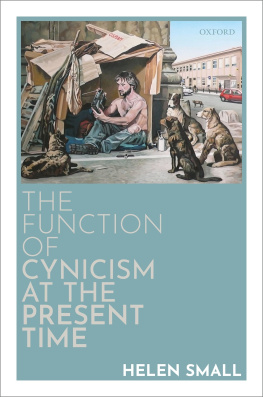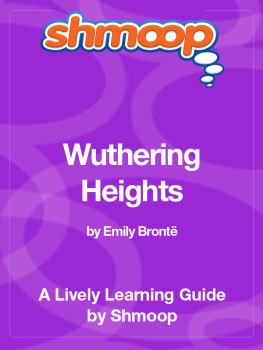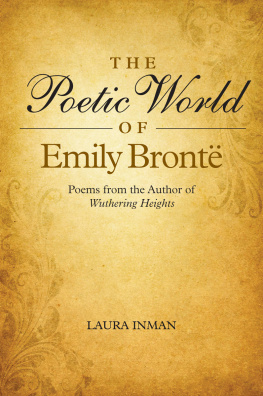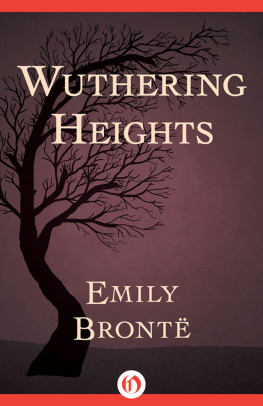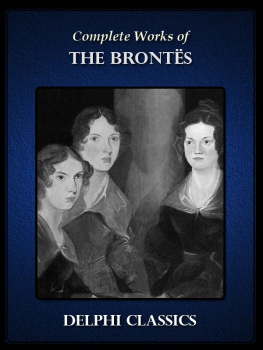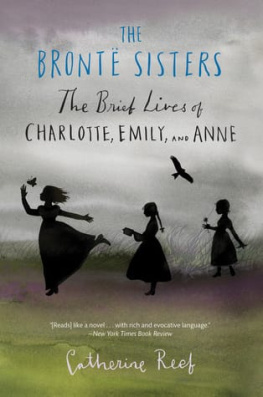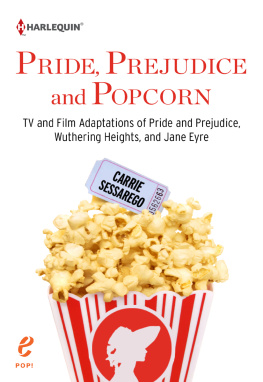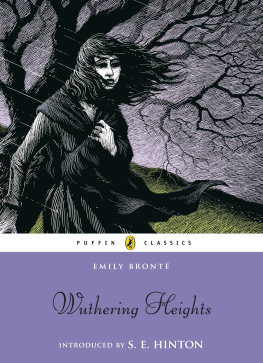
Great Clarendon Street, Oxford OX2 6DP
Oxford University Press is a department of the University of Oxford.
It furthers the Universitys objective of excellence in research, scholarship,
and education by publishing worldwide in
Oxford New York
Athens Auckland Bangkok Bogot Buenos Aires Calcutta
Cape Town Chennai Dar es Salaam Delhi Florence Hong Kong Istanbul
Karachi Kuala Lumpur Madrid Melbourne Mexico City Mumbai
Nairobi Paris So Paulo Singapore Taipei Tokyo Toronto Warsaw
with associated companies in Berlin Ibadan
Oxford is a registered trade mark of Oxford University Press
in the UK and in certain other countries
Published in the United States
by Oxford University Press Inc., New York
Text and Notes Oxford University Press 1976
Introduction, Note on the Text, Select Bibliography Helen Small 2009
The moral rights of the author have been asserted
Database right Oxford University Press (maker)
First published as a Worlds Classics paperback 1995
Reissued 1998, 2008
New edition published 2009
All rights reserved. No part of this publication may be reproduced, stored in a retrieval system, or transmitted, in any form or by any means, without the prior permission in writing of Oxford University Press, or as expressly permitted by law, or under terms agreed with the appropriate reprographics rights organizations. Enquiries concerning reproduction outside the scope of the above should be sent to the Rights Department, Oxford University Press, at the address above
You must not circulate this book in any other binding or cover
and you must impose this same condition on any acquirer
British Library Cataloguing in Publication Data
Data available
Library of Congress Cataloging in Publication Data
Bront, Emily, 18181848.
Wuthering Heights / Emily Bront; edited by Ian Jack;
with an introduction and additional notes by Helen Small.
p. cm.(Oxford Worlds Classics)
Includes bibliographical references.
ISBN 9780199541898
1. Triangles (Interpersonal relations)Fiction. 2. RevengeFiction. 3. Yorkshire (England)Fiction.
I. Jack, Ian, 19232008. II. Small, Helen. III. Title.
PR4172.W7 2009c
823.8dc22
2009014876
Typeset by RefineCatch Limited, Bungay, Suffolk
Printed in Great Britain by
Clays Ltd., St Ives plc
ISBN 9780199541898
1 3 5 7 9 10 8 6 4 2
OXFORD WORLDS CLASSICS
For almost 100 years Oxford Worlds Classics have brought readers closer to the worlds great literature. Now with over 700 titlesfrom the 4,000-year-old myths of Mesopotamia to the twentieth centurys greatest novelsthe series makes available lesser-known as well as celebrated writing.
The pocket-sized hardbacks of the early years contained introductions by Virginia Woolf, T. S. Eliot, Graham Greene, and other literary figures which enriched the experience of reading. Today the series is recognized for its fine scholarship and reliability in texts that span world literature, drama and poetry, religion, philosophy, and politics. Each edition includes perceptive commentary and essential background information to meet the changing needs of readers.
Refer to to navigate through the material in this Oxford Worlds Classics ebook. Use the asterisks (*) throughout the text to access the hyperlinked Explanatory Notes.
OXFORD WORLDS CLASSICS

EMILY BRONT
Wuthering Heights

Text edited by
IAN JACK
With an Introduction and additional Notes by
HELEN SMALL

OXFORD WORLDS CLASSICS
WUTHERING HEIGHTS
EMILY BRONT was born at Thornton, Yorkshire, in 1818, the fifth child of Patrick and Maria Bront. Her father was perpetual curate of Haworth, Yorkshire, from 1820 until his death in 1861. Her mother died in 1821, leaving five daughters and a son. All of the girls except Anne were sent to a clergymens daughters boarding school. The eldest sisters, Maria (Helen Burns) and Elizabeth, became ill there, were taken home, and died soon after at Haworth. A period in 1835 at the school (Roe Head) where Charlotte was employed as a teacher proved miserable, and she returned home after only three months. In September 1838 she herself took a post as a teacher at Law Hill, near Halifax, but the conditions of work were so exploitative that she held out for only six months before retreating to Haworth. In 1842, however, Emily went with her sister Charlotte to study languages in Brussels. She returned to Haworth, and in 1846 there appeared Poems by Currer, Ellis, and Acton Bell, the pseudonyms of Charlotte, Emily, and Anne. Wuthering Heights was published in 1847 and was not immediately successful. Before the end of the following year, Emily died from tuberculosis.
IAN JACK was Professor of English at the University of Cambridge, and General Editor of the Clarendon Bront Series until his death in 2008.
HELEN SMALL is Fellow in English at Pembroke College, Oxford, and a lecturer in the Faculty of English at the University of Oxford where she teaches English literature from the eighteenth century to the present day. She is the editor of George Eliots The Lifted Veil and Brother Jacob for Oxford Worlds Classics. She is the author of The Long Life (2007), winner of the Truman Capote Award for Literary Criticism (2008) and the Rose Mary Crawshay Prize from the British Academy (2008).
CONTENTS
Appendix 1
Biographical Notice of Ellis and Acton Bell
INTRODUCTION
[This Introduction assumes knowledge of the plot of Wuthering Heights. Readers coming to the novel for the first time are recommended to treat the Introduction as an Afterword.]
Wuthering Heights is one of the greatest love stories in the English language. It is also one of the most brutal revenge narratives. Since its publication in 1847, readers have been as much disturbed as captivated by its willingness to risk repelling them, and by the repeated insistence on the part of its several narrators that the story it tells is perverse, amoral, beyond any sympathy we might think we bring to it. Those who, like the 18-year-old Isabella Linton, find in Heathcliff a romantic hero, an honourable, true soul (p. 91), are making a mistake which the novel goes out of its way to correct. He is a vengeful sadist, the more frightening given the steady calculation behind his efforts to degrade and ruin the two families who illtreated him in his youth. I keep strictly within the limits of the law (p. 133), he tells the housekeeper, Ellen Dean, when acknowledging, without shame, his cruelty to Isabellaincluding, apparently, a large measure of sexual cruelty. This is a man capable of dragging a pistol out of the grasp of his foster-brother, Hindley Earnshaw (by now too degenerate and too drunk to shoot Heathcliff accurately), ripping the knife blade in the pistol-base through his wrist so that a main blood vessel is sliced open, and (though his victim has by now fallen senseless with excessive pain), smashing through a locked window to attack the unconscious body: kick[ing] and trampl[ing] on him, and dash[ing] his head repeatedly against the flag[stone]s (p. 157). The fact that so many readers have, notwithstanding, found Heathcliff more attractive than repugnanta Byronic hero to challenge even Byron himselfis testimony to
Next page

